 See Diaper Poop Pictures from a Breastfed Baby for Breastfeeding Mothers | Pooping in Diaper | Diaper Pictures | Breastfed Stools
See Diaper Poop Pictures from a Breastfed Baby for Breastfeeding Mothers | Pooping in Diaper | Diaper Pictures | Breastfed StoolsNewborn Poop and Baby Are the bowel movements of your baby common? Rare? Trust? Yellow, brown or multihued? Fantastic or sweet? The scoop on poop is that it is an indicator of your baby's well-being, so you will find yourself very obsessed with what is in those dirty diapers. It also comes in a wide variety of colors, consistency and frequencies that are considered healthy and "normal." Find answers to all your urgent questions. The first baby poop: meconium Did you notice the green black poop when you changed your newborn's diaper for the first time? That is meconium, a sticky substance, similar to tar that gradually filled your baby's intestines during your stay in your uterus. Even if it seems disturbing, it's completely normal. In fact, that meconium is in his diaper instead of in his intestines is a good sign, now you know that his intestines are doing their job. Transition stools At some point after the first 24 hours, when the whole meconium has passed, you will see transition stools, which are dark yellow and loose, sometimes "green" in texture (in particular among breast-feeding babies), and may occasionally contain mucus. There may even be traces of blood on them, probably the result that your baby swallows some of your blood during delivery (only to be sure, keep any diaper containing blood to show a nurse or doctor). After three or four days of transitional feces, the type of food your baby is eating will determine the color and consistency of your caca, although this can change from day to day and from bowel movement to bowel movement, causing even experienced parents to scratch their heads. Is my baby's poop normal? The normal thing for baby poop depends on whether you are breast-feeding or feeding formulas. If your baby is breast-feeding, your bowel movements will often be mustard-like in color and consistency, sometimes loose, even watery, and sometimes sweet, mushy or curdy. If it is fed with formulas, feces are usually mild but better shaped than those of a breastfeeding baby, and anywhere pale yellow to yellowish brown, light brown or brown brown brown brown yellow. How often should a new-born cocoa be? Early on, breast-feeding babies usually have — on average — a puppy diaper for every day of life. In other words, the day one of his life, he's going to shit once, and the day two is going to shit twice. Fortunately, this pattern does not usually continue more than five days. After day five, the average newborn will have about five dirty diapers a day, although any place in the range of a dirty diaper every few days is generally normal. For 6 weeks, breastfeeding baby poop patterns can start to change, and you may notice that your baby jumps one day (or two ... or even three) between bowel movements. Or not. Some babies will continue to shit several times a day or more during the first year. Others will go several days between dirty diapers. It is not necessary to keep the account after 6 weeks while the baby is happy and gaining weight. The number can vary from day to day, and that's perfectly normal too. Babies fed by the formula usually shit three or four times a day, but some go up to three or four days without an intestinal movement. As long as your baby's poops are soft and go without fighting, you don't have to worry. But call your pediatrician if your little boy doesn't shit for more than five days. How can I tell if my baby is shitting? Don't be alarmed if your baby growls, groans, nuts and strains when he shits. That is normal baby caca practice, even when they pass soft stools, because their small funds are not strong enough or coordinated for easy removal. What do the different colors of the baby poop mean? He can change quite often, as the texture can and even the smell. Because your baby's diaper content is tracks of potential problems with your baby's health, it's good to pay attention and alert your pediatrician if you see anything out of the ordinary. What does it mean if there's blood in my baby's feces? If your baby is breast-feeding, blood in your feces may be a sign of sensitivity or allergy to something in your diet. Your pediatrician may recommend that you try to remove a potential food problem — such as dairy, soy, peanuts, wheat or tree nuts — for two or three weeks to find out what is causing. If your baby is fed with formulas, blood in your feces might indicate that it is allergic to milk in your formula (although this is much less common than most people believe). Talk to your doctor about changing formulas. From time to time, there is no correlation between food and allergic symptoms. In that case, your baby might have small cracks or cracks in his anus that caused the bleeding. Another possibility: The baby may have swallowed his blood if his nipples break up and that blood may come out in the feces. Monitoring by your baby's pediatrician should solve the mystery. What's the baby jelly? Melena is a thick stool, black or jar. This is different from the feces of meconium that occur during the first two to five days of life. Melena often indicates bleeding in the digestive tract, which can be dangerous for your baby. Contact your pediatrician immediately. My newborn is not shitting — what should I do? For breast-feeding babies, constipation is rare, but less than one poop a day in the first few weeks could mean that your breast-feeding baby is not getting enough to eat. Later, about 6 weeks to 3 months of age, the rate could be reduced to one day or even one every two to three days. Call your pediatrician if your baby hasn't fucked for more than three days in a row. Babies fed by the formula tend to go a little more among the intestinal movements. Check with your doctor if you don't shit for more than five days like that could be a sign of constipation. Constipation in babies Even young people who eat a healthy diet can have a case of constipation. The good news is it's easy to treat. Look at this and how to help her feel better. Always consult with your pediatrician to confirm your suspicions. Diarrhea in babiesFrequently, watery and greener feces of the usual could be a sign that your baby has diarrhea. Besides being disordered, diarrhea could cause dehydration, and frequent pooping might be causing her uncomfortable and to cause. Take a look at this and how to make you feel better, and always contact your pediatrician for an official diagnosis and health plan. Just when you think you have all this down and you know your baby—poop and everything—in and out, another surprise appears. But before you get scared of what your baby's diaper is filling in, think about what he's been filling his stomach. When to Call Your Doctor Once your baby's feeding schedule has been set, your "special delivery" diapers may appear five or more times a day or once every three days. That's perfectly normal. As long as their feces are soft, it is not constipated. But you should call your doctor if... From the editorial team What to Expect and, author What to Expect the First Year. Health information on this site is based on highly respected peer-reviewed medical journals and health institutions, including (American College of Obstetricians and Gynecologists), (Centers for Disease Control and Prevention) and (American Academy of Pediatrics), as well as Heidi Murkoff's What to Expect books. Go to your baby's age trend on what to expect can COVID-19 vaccines Why infertility? Absolutely not, expert leaders Say8 Foods to avoid feeding your baby вельногольных You can't see this cool content because you have the enabled ad block. Please clarify our site to get all the best offers and offers from our partners. 11 Reasons your baby won't sleep and how to take your baby's vaccine Time: What shoes should your child have when? What order and when does the baby appear? This baby's teething letter can help you read this following The educational health content about what you expect is to be updated and in line with evidence-based medical information and accepted health guidelines, including medical examination What to expect Heidi Murkoff's books. This educational content is not medical advice or diagnosis. The use of this site is subject to our and . © 2021 Health of All Days, Inc
Breastfeeding of your newborn — what to expect in the first few weeks By Kelly Bonyata, BS, IBC Image Credit: jcgoforth on flickr The first week How often should I be breastfeeding? Frequent nursing promotes good milk supply and reduces engorgement. Target for nursing at least 10 – 12 times a day (24 hours). You can't become a nurse too often – you can become a nurse too little. Nurse in the first (cantilante, rooted, hands in the mouth) – do not wait until the baby is crying. Allows the baby to suck actively, then offer the second breast. Some newborns are first baby to baby if 2 hours (during the day) or 4 hours (at night) have passed without nursing. . (adsbygoogle = window.adsbygoogle eternal tension []).push({ google_ad_client: "ca-pub-5175462694916581", enable_page_level_ads: true }); Is the baby getting enough milk? Weight gain: Normal newborns may lose up to 7% of the birth weight in the first days. After Mom's milk enters, the average baby breast earns 6 oz/week (170 g/week). Take a baby for one at the end of the first week or start the second week. Check with your baby's doctor and breast-feeding consultant if the baby is not winning as expected. Dirty diapers: In the first days, the baby usually has one for every day of life (1 day one, 2 day two...). After day 4, the feces must be yellow and the baby must have at least 3-4 feces a day that are the size of a quarter of the United States (2.5 cm) or larger. Some babies stumble every time they get sick, or even more often, this is also normal. A breastfeeding baby's normal stool is loose (splease for spongy) and can be candy or curdo. Wet diapers: In the first days, the baby usually has a wet diaper for every day of life (1 day one, 2 day two...). Once Mom's milk comes in, wait 5-6+ wet diapers every 24 hours. To feel how a diaper is wet enough, pour 3 tablespoons (45 mL) of water in a clean diaper. A piece of tissue in a disposable diaper will help you determine if the diaper is wet. Breast Changes Your milk should start to "" (increase in quantity and change of colostrum to mature milk) between 2 and 5. To minimize : nurse often, do not skip the feeding (even at night), ensure, and let the baby before offering the other side. To reduce the discomfort of the engorgement, use cold-sheet and/or repollute compresses between the feedings. If the baby is having problems with incubation due to engorgement, use or expressive milk until the nipple is soft, then try incubation again. Call your doctor, midwife and/or breastfeeding consultant if: Weeks two to six How often should I be breast-feeding? Frequent nursing in the first few weeks is important to establish a good milk supply. Most newborns need between 8 and 12 times a day (24 hours). You can't become a nurse too often – you can become a nurse too little. Nurse in the first (cantilante, rooted, hands in the mouth)—do not wait until the baby is crying. Allows the baby to suck actively, then offer the second breast. Some newborns are: baby to nurse if 2 hours (during the day) or 4 hours (at night) have passed without nursing. Once the baby has established a good, you can stop waking baby and nurse only in the baby's bowls. The following things are normal: Is the baby getting enough milk? Weight gain: The average breast-feeding newborn gains 6 ounces/week (170 grams/week). Check with your baby's doctor and breast-feeding consultant if the baby is not . Dirty diapers: 3-4+ diaries are expected to be the size of a quarter of the United States (2.5 cm) or larger. Some babies stumble every time they get sick, or even more often, this is also normal. A breastfeeding baby's normal stool is yellow and loose (sing to the sponge) and can be candy or curdo. After 4 – 6 weeks, some babies are bruised less often, with feces as rare as one every 7-10 days. As long as the baby is, this is normal. Wet diapers: Wait 5-6+ wet diapers every 24 hours. To feel how a diaper is wet enough, pour 3 tablespoons (45 mL) of water in a clean diaper. A piece of tissue in a disposable diaper will help you determine if the diaper is wet. After 6 weeks, wet diapers may fall to 4-5/day, but the amount of urine will increase to 4-6+ tablespoons (60-90+ mL) as the baby's bladder capacity grows. Milk supply? Some moms worry. As long as the baby is alone in Mom's milk, then the milk supply is good. Among the weight controls, a sufficient number of wet and dirty diapers will indicate that the baby is getting enough milk. This information is also found as part of the professional. Additional information@ by Eva LyfordWorried about milk supply? @ other Paula Yountby Diana Cassar-Uhl websites, IBCLC by Danielle Rigg, JD CLC by Paula Yount by Becky Flora, IBCLCUpdated on January 13, 2018Filed Under: , , SEARCHCONNECTFEATURED ARTICLESTOPICSRECENT ARTICLE Copyright © 1996–2021 KellyMom.com. All rights reserved. ·
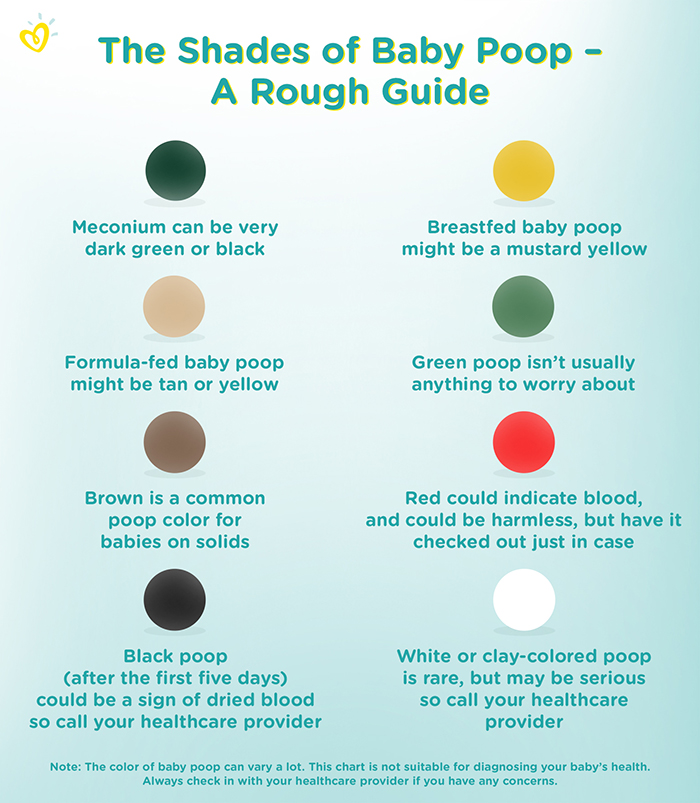
Your Baby's Poop — What's Normal? | Pampers
Newborn Poop - Infant Baby Poop - Basics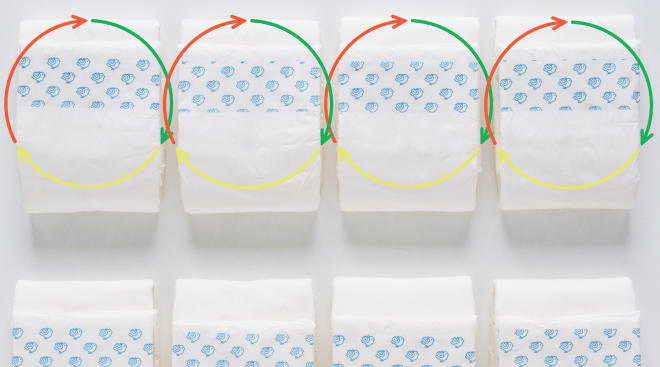
Baby Poop Guide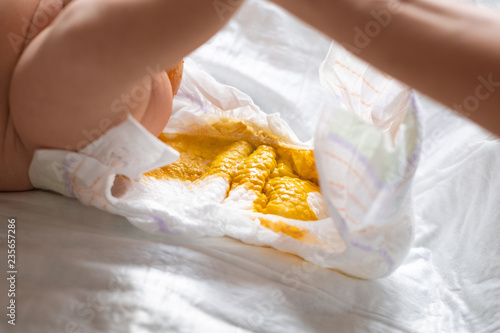
Mother changing diapers of newborn baby. A nappy with normal pasty yellow poop of one month infant close-up - Buy this stock photo and explore similar images at Adobe Stock | Adobe
Your Baby's Poop — What's Normal? | Pampers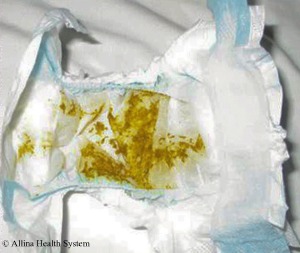
Getting Enough Milk | Pregnancy, Birth & Beyond | Allina Health/mother-changing-baby-diaper-696313936-6c2494b48f99443995b1a7745675128c.jpg)
A Guide to Your Newborn or Infant's Poop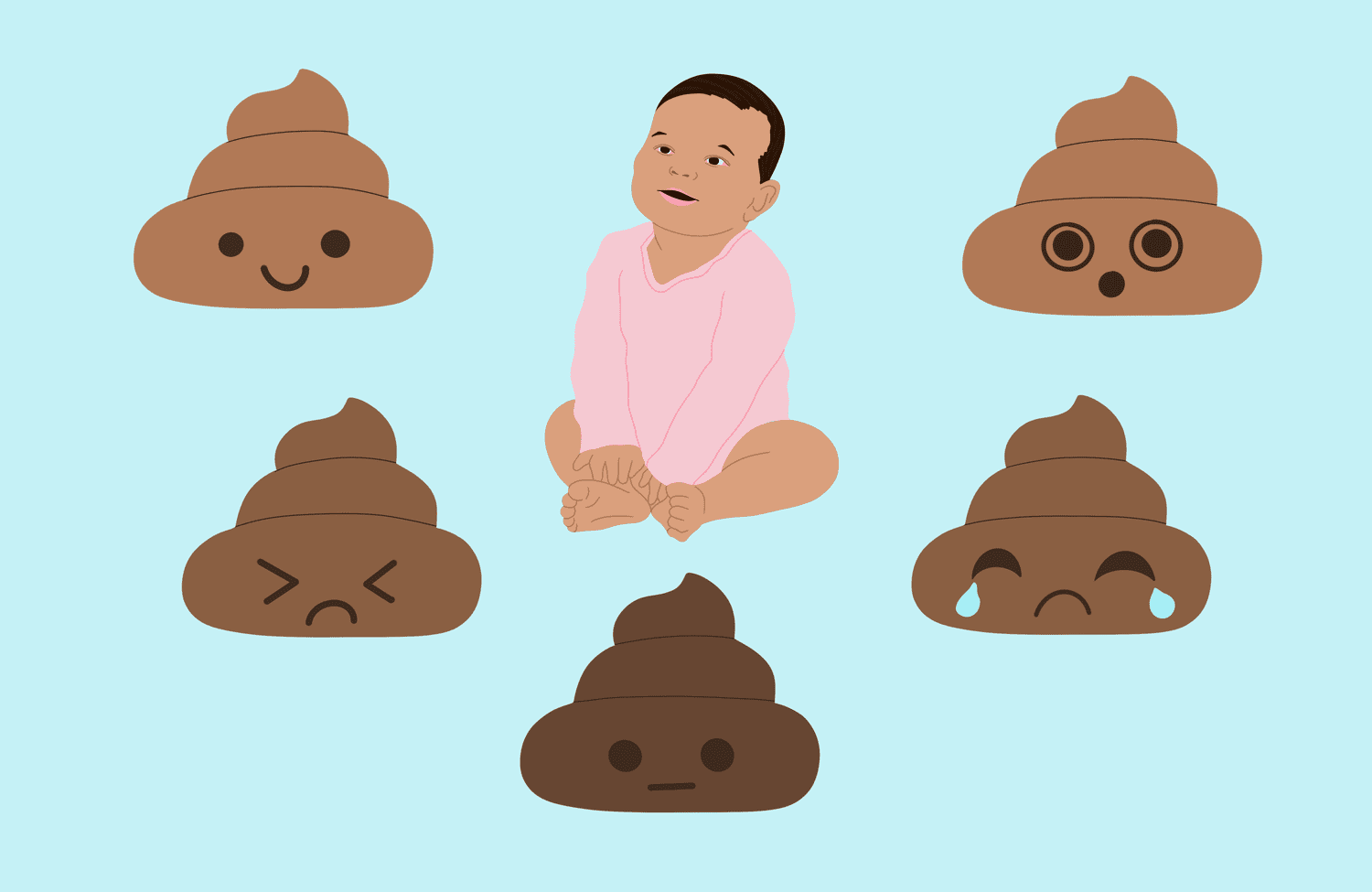
The Baby Poop Guide: What's Normal, What's Not | Parents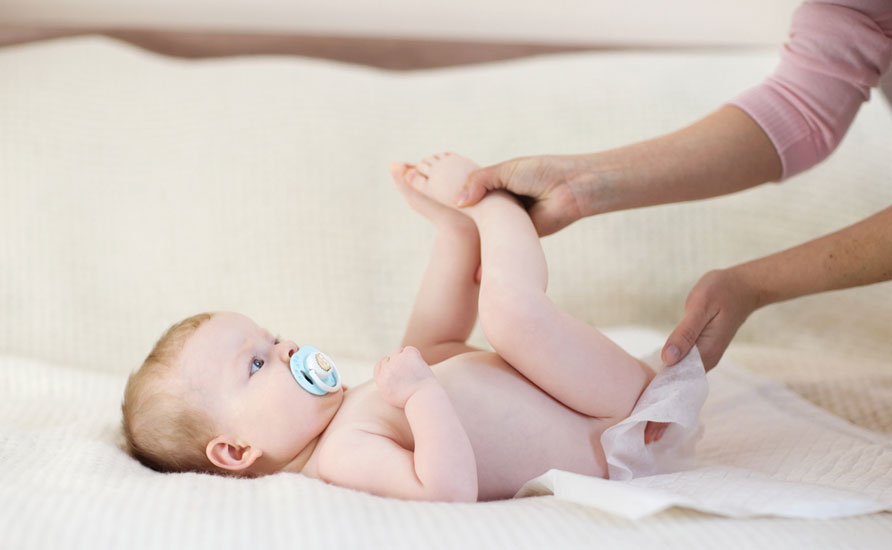
Baby stool: What's normal and what's not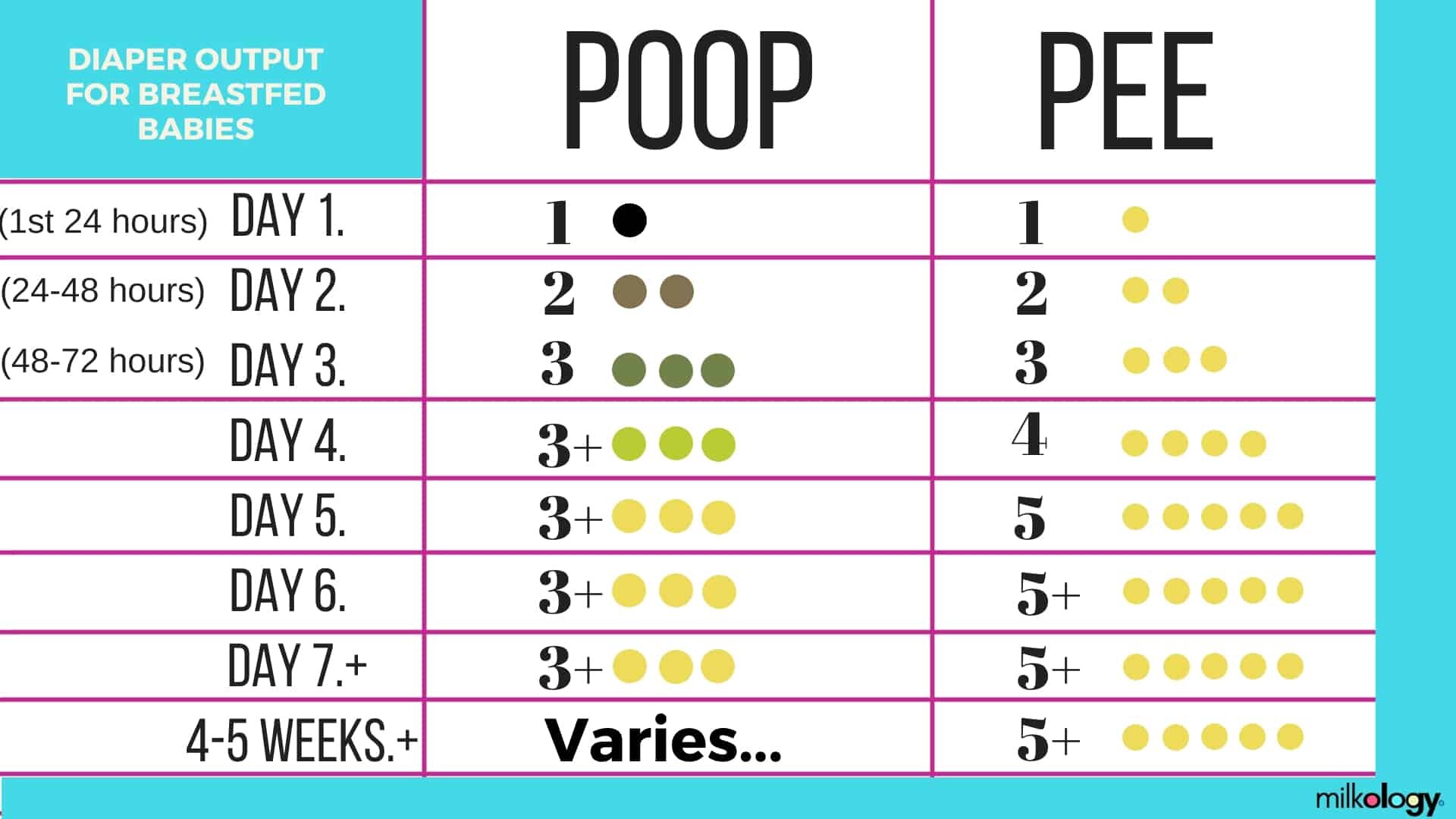
How Often Should A Breastfed Baby Poop? — Milkology®
Newborn poop: What the colour, consistency and frequency means
Baby poop: A visual guide | BabyCenter
Newborn Poop Colors - Baby Poop Color & Texture Visuals
Your Baby's Poop — What's Normal? | Pampers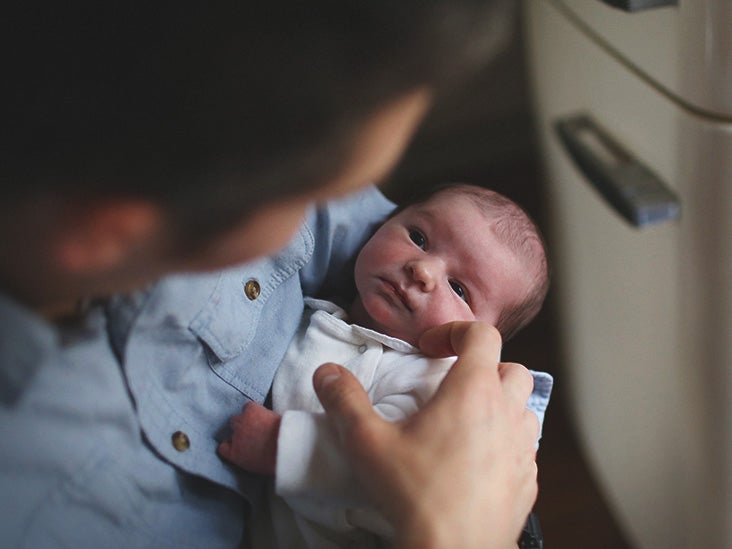
How Often Should a Newborn Poop?
How Often Should Your Newborn Baby Poop?
Why is my baby's poop this color? | PBS NewsHour
How Often Should Your Newborn Baby Poop?
A new parent's guide to baby poop | BabyCenter:max_bytes(150000):strip_icc()/diarrhea-in-the-breastfed-baby-431632-v1-5c01932a46e0fb0001cbf7ac.png)
Appearance, Causes, and Treatment of Baby Diarrhea
Baby poop — What's normal and what's not
Newborn Poop: What's Normal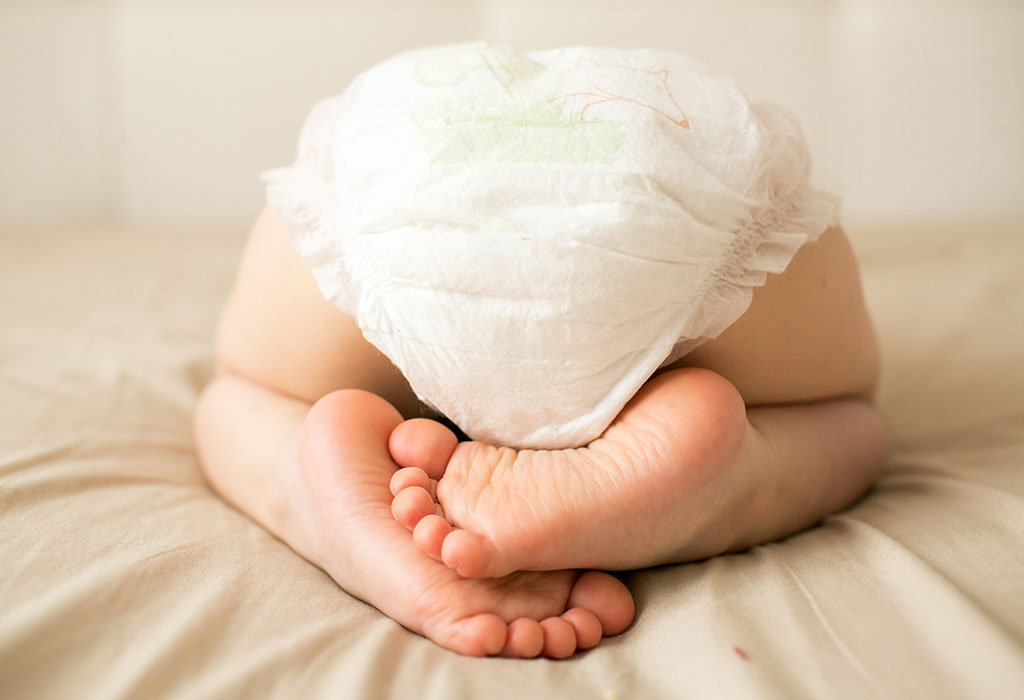
How Many Diapers Does a Baby (Newborn to One Year Old) Need Per Day?
How Long Can A Baby Go Without Pooping? - ChildrensMD
Baby poop: Guide to texture, smell and frequency
The Color of Baby Poop and What It Means – Health Essentials from Cleveland Clinic
Baby's Poop | La Leche League International
What Causes Green Baby Poop? | Parents.jpeg)
Breastfeeding Poop vs. Formula Poop. What's the Difference?
How Long Can A Baby Go Without Pooping? - ChildrensMD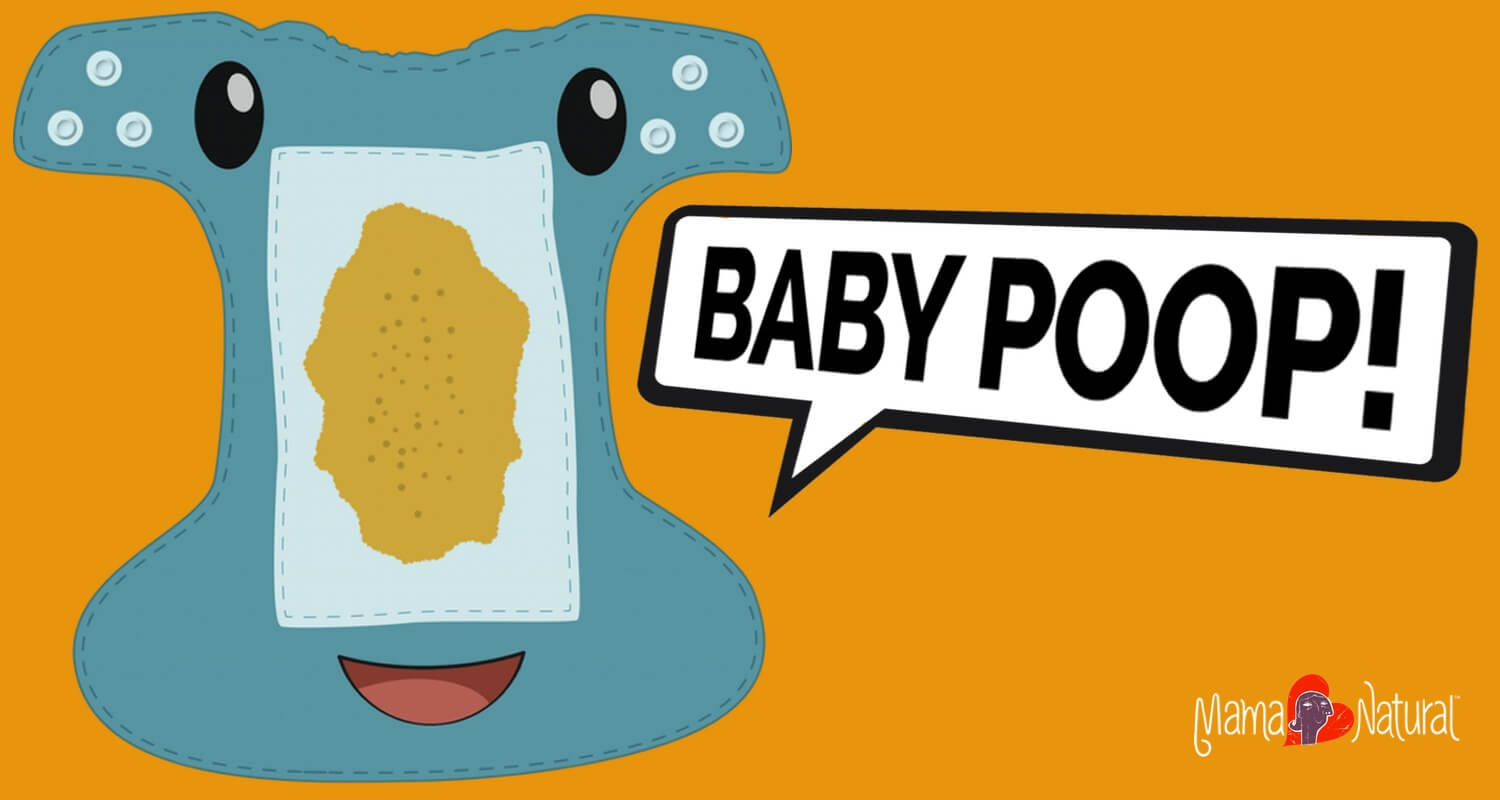
Baby Poop - What's Normal & What Ain't (With Pictures!)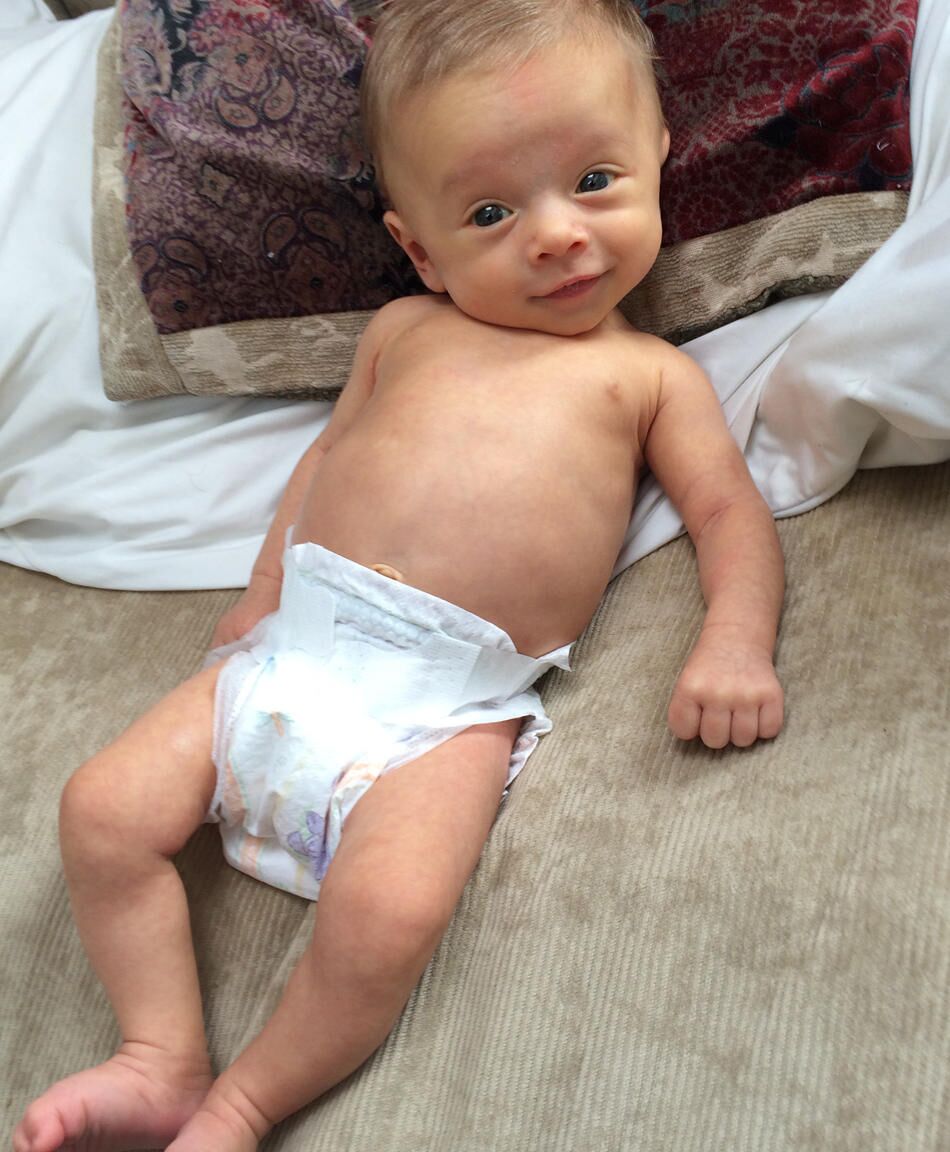
Baby Poop Guide
How often should a newborn poop? Frequency and issues/VanessaDaviesDorlingKindersleyGettyDiaper-56a0b8553df78cafdaa454ce.jpg)
Appearance, Causes, and Treatment of Baby Diarrhea
How to Stop Green Poop in Babies: Causes and When to Worry
Types of Diaper Loads (The Truth) :: Instructional Diagrams :: How To Be A Dad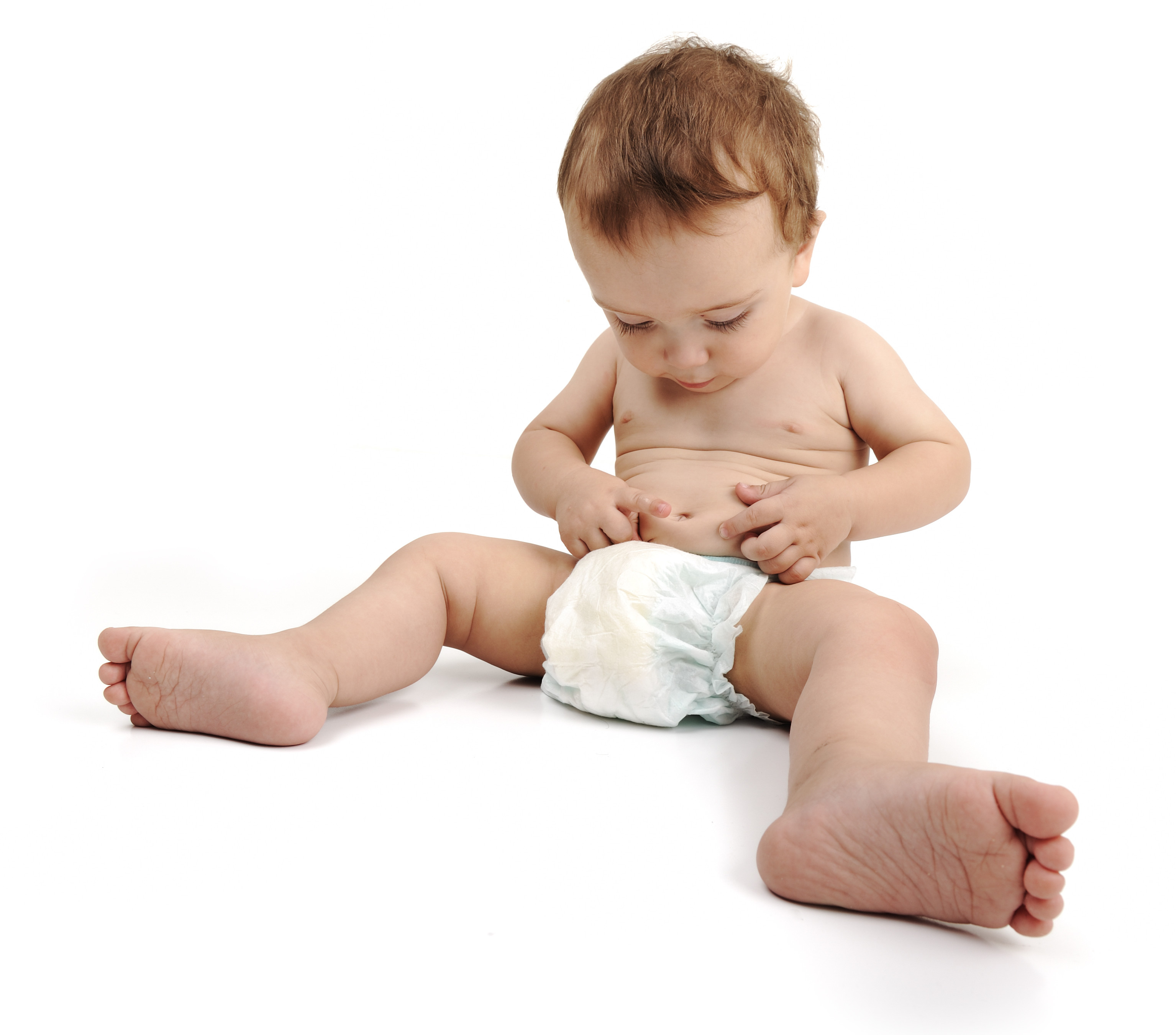
What color is your baby poop? - BabyScience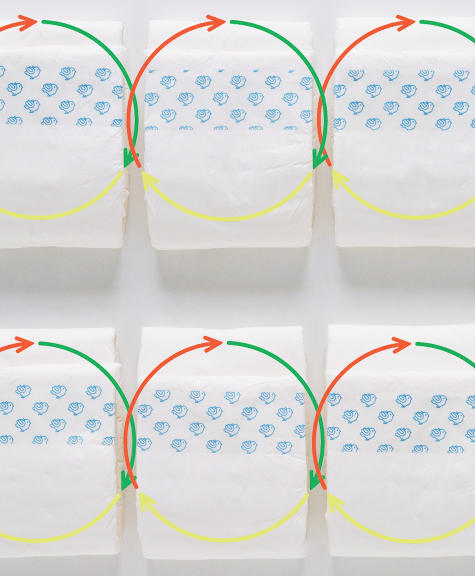
Baby Poop Guide
Newborn Poop: What Is Normal
How Often Should a Baby Poop? And Other Important Questions… | The Science of Mom





/mother-changing-baby-diaper-696313936-6c2494b48f99443995b1a7745675128c.jpg)











:max_bytes(150000):strip_icc()/diarrhea-in-the-breastfed-baby-431632-v1-5c01932a46e0fb0001cbf7ac.png)







.jpeg)




/VanessaDaviesDorlingKindersleyGettyDiaper-56a0b8553df78cafdaa454ce.jpg)






Posting Komentar untuk "normal poop diapers for newborn"